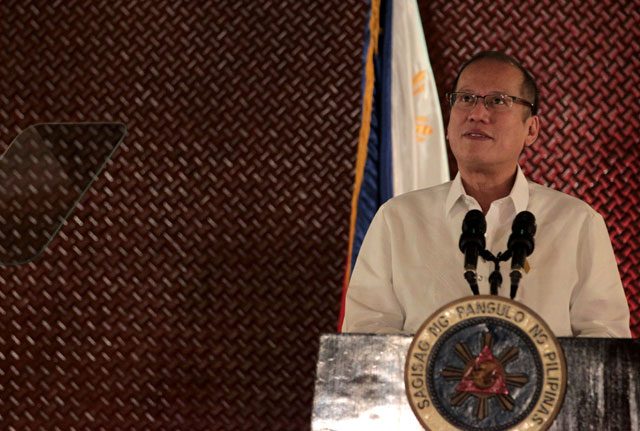SUMMARY
This is AI generated summarization, which may have errors. For context, always refer to the full article.

MANILA, Philippines – The Philippines is perceived to be becoming less corrupt over the past 3 years as it continues to improve its ranking in a global corruption survey.
The Philippines ranked 85th out of 175 countries in Germany-based watchdog Transparency International’s Corruption Perceptions Index (CPI) for 2014, up from 94 in 2013, and 105 in 2012.
Although the Philippines still scored below 50 in the index, its CPI score of 38 for 2014 is a “marked improvement” from how it fared in 2012 at 34, and 36 in 2013, Transparency International said.
Two-thirds of countries included in the survey scored below 50.
Transparency International-Philippines executive director Cleo Calimbahin said the 4 point-rise in the Philippines’ CPI score already “represents change in the perceived level of corruption” in the country.
For 2014, Denmark emerged as the country perceived to be least corrupt in the world with a score of 92 points, while North Korea and Somalia are seen as the most corrupt, both scoring 8 points.
The biggest losers are China (36 points), Turkey (45 points) and Angola (19 points), as their scores dropped by 4 to 5 points despite an average economic growth of more than 4% over the last 4 years.
Transparency International chair José Ugaz said the results of the 2014 CPI shows that “economic growth is undermined and efforts to stop corruption fade when leaders and high level officials abuse power to appropriate public funds for personal gain.”
Transparency International noted that China dropped in its ranking despite an anti-corruption campaign targeting officials who hide ill-gotten wealth overseas.
The survey gathers expert views on corruption from bodies such as the World Bank, African Development Bank, Economist Intelligence Unit, Bertelsmann Foundation, Freedom House, and other groups. – Rappler.com
Add a comment
How does this make you feel?
There are no comments yet. Add your comment to start the conversation.